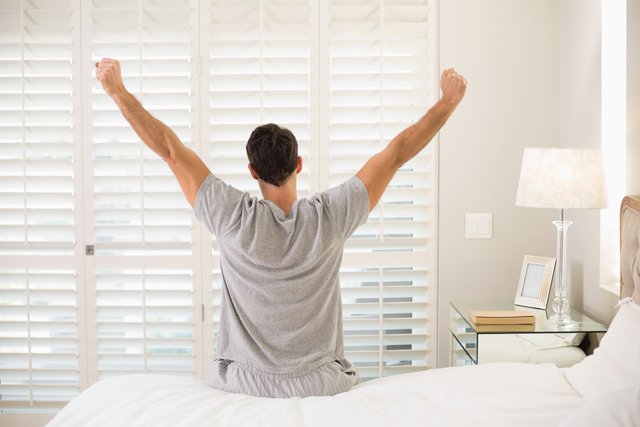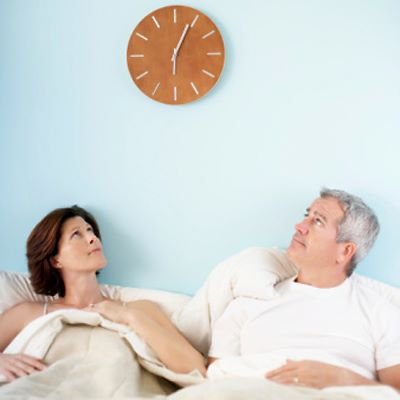Waking Up In The Morning
Written by Madeline R. Vann, MPH

Lots of people set the alarm with the best of intentions, knowing that's the time they need to get up to meet the day's demands. But then the alarm clock seems to ring far before they're ready to rise, so they're hitting snooze and, eventually, running late. Something's got to give. The key lies inside your body. "An important factor in being able to wake up easily at the desired time in the morning is the timing of one's circadian rhythm, or 'body clock,' " says sleep researcher Leon C. Lack, PhD, a professor in the school of psychology at Flinders University in Adelaide, Australia. Much of what you need to do to wake up on time starts by planning your sleep schedule the day and the evening before – and by making your mornings count.

KNOW WHY YOU WANT TO WAKE UP
Michelle Segar, PhD, a healthy living expert and motivation scientist at the University of Michigan in Ann Arbor, says that to make any change in your life stick, including waking up on time, you need to clearly define why it's important to you. What's your motivation? Do you want to get up in time to have breakfast with your family, get in some exercise, or just have a few moments of reflection to be better prepared for your day? Maybe you're just tired of the stress of running late every morning. Once you crystallize your reasons, take a second step and tell your family or roommates about the change you want to make. Accountability helps as much as an alarm clock.

Rethink Morning
Now that you're clear about what you want to do when you wake up and what it takes to get more sleep, consider trimming down your morning activities. This could let you set the alarm clock for a few minutes (or more) later. If you've decided you want time to have breakfast with your family, save some time the night before by setting out clothes, shoes, and bags. Are you spending 15 minutes in line at the café to get coffee? That's a quarter-hour more you could be sleeping by buying a coffee maker with a timer – another wake-me-up device that will brew your favorite hot drink on your schedule.

GET TO KNOW YOUR BODY
If you've been riding the sleep deprivation roller coaster for a while, you might not even know how much sleep your body naturally would want if you weren't staying up late and slapping around the alarm clock in the morning. Lack explains that, in general, your body makes changes in anticipation of your going to sleep, such as dropping in temperature and heart rate and secreting melatonin into your bloodstream one to two hours before your regular bedtime. This get-some-sleep cycle peaks at about 3 to 4 a.m., and then your body starts a gradual morning waking-up process. One way to figure out what might work best for you is to set a consistent bedtime that starts about 8 hours before your alarm is going to go off. Stick to that for several weeks (including weekends) to get a feeling for how well your body responds. Lack notes that some people are naturally night owls and will still find it hard to go to bed early (at least what's early for them), even if they have to wake up early as well.
Melatonin supplementation works great for fixing sleeping pattern